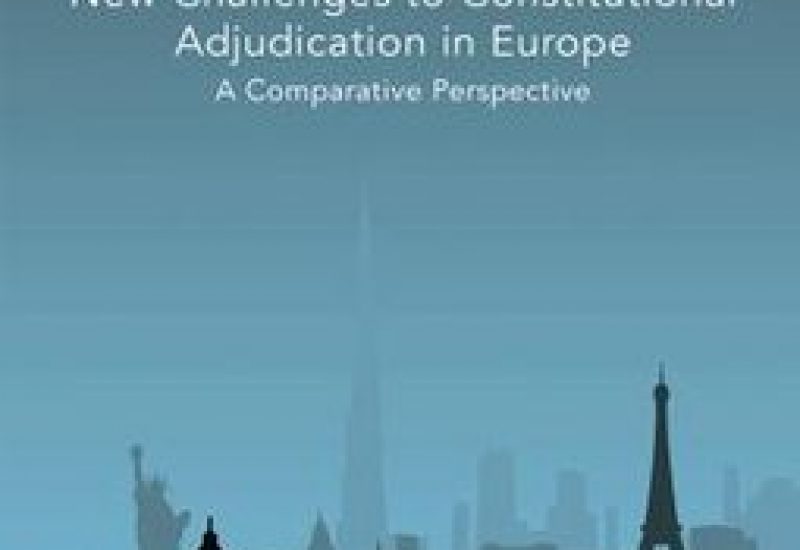- March 30, 2018
- 7:59 am
- Constitutional Change
by Emese Szilágyi, Junior Research Fellow, Scientific Secretary of the Institute for Legal Studies, Centre for Social Sciences, Hungarian Academy of Sciences
This new book, edited by two prominent Hungarian constitutional scholars, Zoltán Szente and Fruzsina Gárdos-Orosz examines how the most exigent social, economic and political challenges affect constitutional adjudication at both national and European levels. More precisely, the research question was whether the most recent global challenges, such as the world economic crisis, the new wave of international terrorism or mass migration have changed the well-embedded judicial constructions or, in general, the jurisprudence of constitutional and supranational courts.







